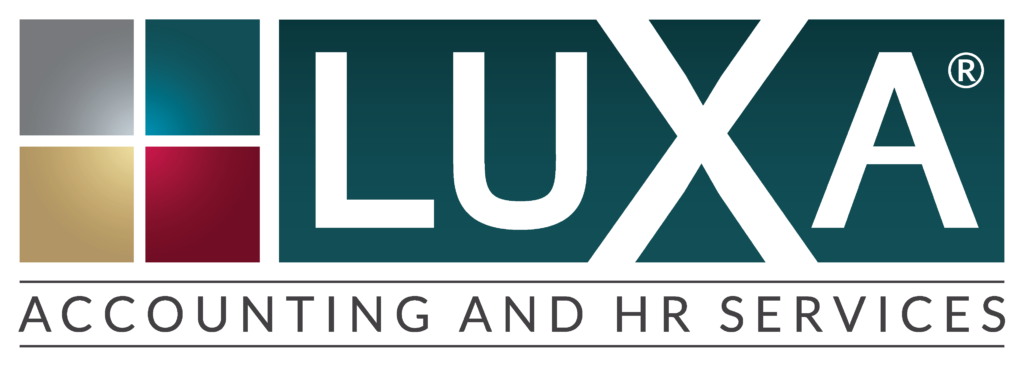How outsource accounting prepares clients for IRS audits
What are the chances that you will be audited? I was wondering the same thing! According to a report published at nolo.com, “a person who earns $25,000-$100,000 per year being audited are less than 1%. Oddly, people who make less than $25,000 have a higher audit rate. This is because many of these taxpayers claim the earned income tax credit and the IRS conducts many audits to ensure that the credit is not being claimed fraudulently.”
It goes on to mention that in the 1960’s, an average of 5.6% of the US workforce would have their tax returns audited by someone at the IRS. Since then, the reason for the decline in audits has been to reduction in the IRS workforce, increases in their workload, and legal changes. (aricle:http://www.nolo.com/legal-encyclopedia/what-are-the-odds-being-audited.html)
We all know that we will have our day of getting audited. At LUXA, we manage and prepare small business owners accounting records in the likely case of an audit. Here are some preparatory suggestions on documents you will need for the day of the audit.

1 – General ledger
At LUXA we utilize QuickBooks for accounting record management. The QuickBooks software allows an option for general ledger exports and backups for your auditor. We love that! Having this document gives your auditor a clear indication of the amount of activity they need to audit.
2 – Trial balance
The trial balance is very popular with the auditors and is an important document for them to refer to as it ties back to the financial statements for your business. Of course, Quickbooks also has an option to export your numbers and it is recommended to use the Excel format so it can be copied directly into the trial balance.
3 – Copies of loans and leases
At LUXA, we make sure our clients know to disclose all loans and leases. The auditor assigned to your case will need copies to make sure your disclosures are complete and accurate. For example, standards require disclosure by year of your minimum required lease payments for the next five years and the minimum expected sublease payments, if any. Lease expense for all years presented must also be disclosed, and the lease is a key piece for testing that amount.
4 – Depreciation schedule
If you have never had financial statements prepared in accordance with generally accepted accounting principles (“GAAP”) but have filed tax returns, your depreciation schedules are most likely on a tax basis only. Many tax methods are acceptable under GAAP – 7 years and 200% double declining balance is a common tax method for equipment and is often reasonable for GAAP. However, you are not allowed to take Section 179 bonus depreciation and other basis reductions sometimes allowed under the tax rules in a GAAP statement. If your depreciation schedules are in a good fixed asset software program, it is usually pretty easy to compute GAAP depreciation.
5 – Payroll reports, if any
Not all new businesses have payroll – some don’t even have employees. But if you do, your auditors will want to see them for testing of wage expense. These will also help the auditor test for any unrecorded payroll tax liabilities.
6 – Articles of incorporation and by-laws
All corporations (private or public) must disclose the number of shares authorized, issued, and outstanding. Part of this information comes from your articles of incorporation. By-laws may have information on them that also must be disclosed.
7 – Listing of all bank accounts, including bank name, account number and authorized signers
Your auditor must confirm the bank balance as of the balance sheet date. Fortunately, many banks now participate in an online service that is simplifying this process. LUXA Enterprises is an outsource accounting firm based in Tulsa, OK. To get more helpful bookkeeping advice visit our blog where we discuss this and more on Tulsa bookkeeping.
” target=”_blank”>Photo Credit:
supporting reference: http://www.accountingweb.com/blogs/jmungar/ungar-cover/13-things-your-auditor-will-need-initial-audit



